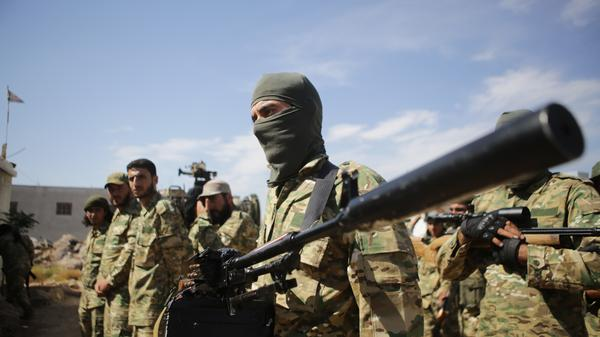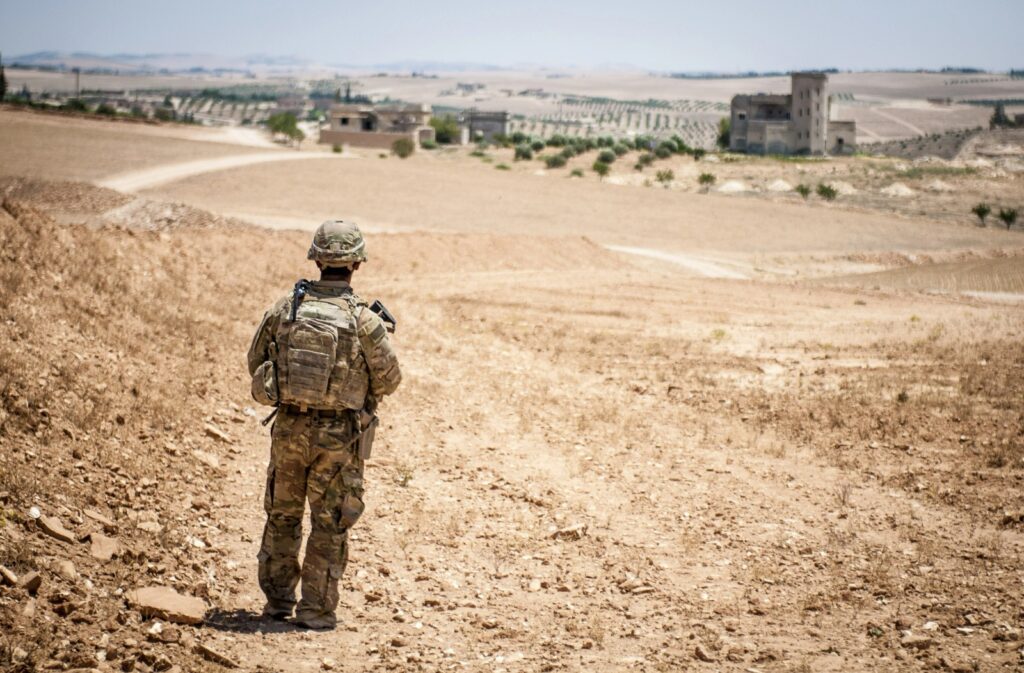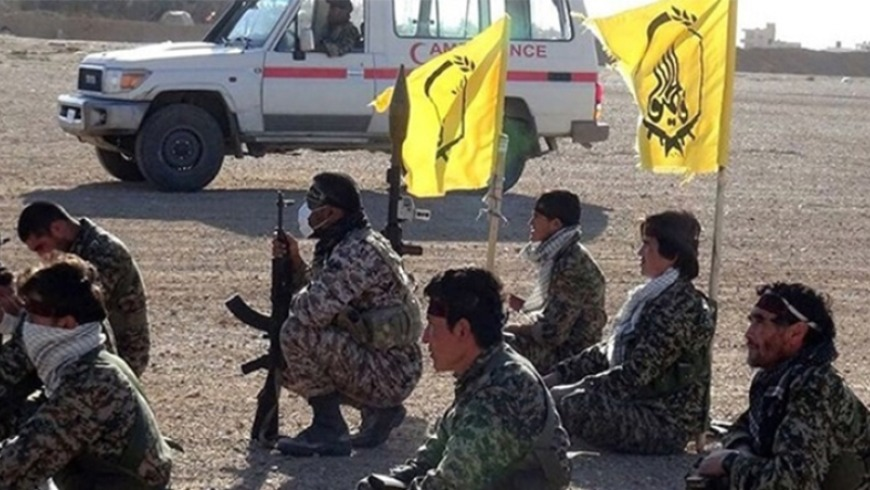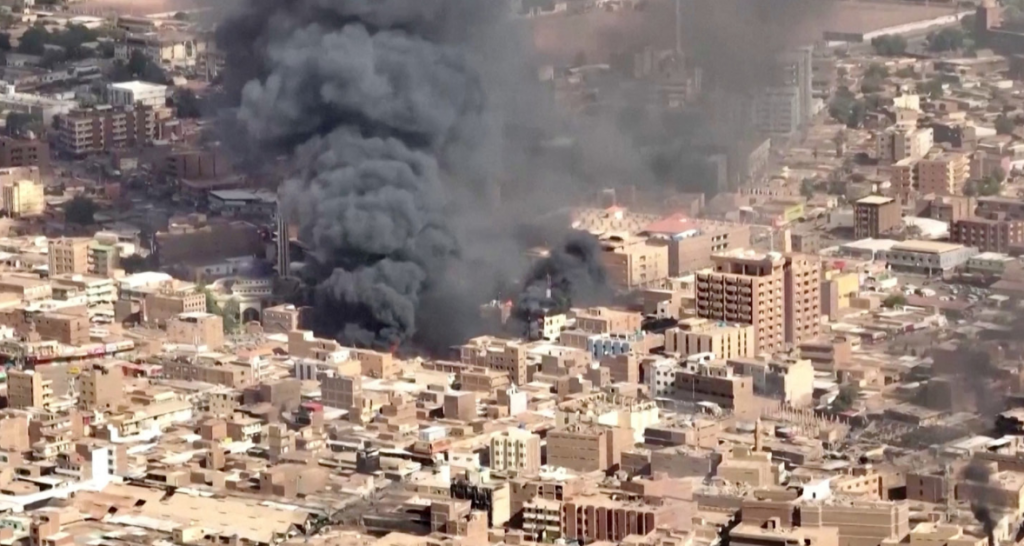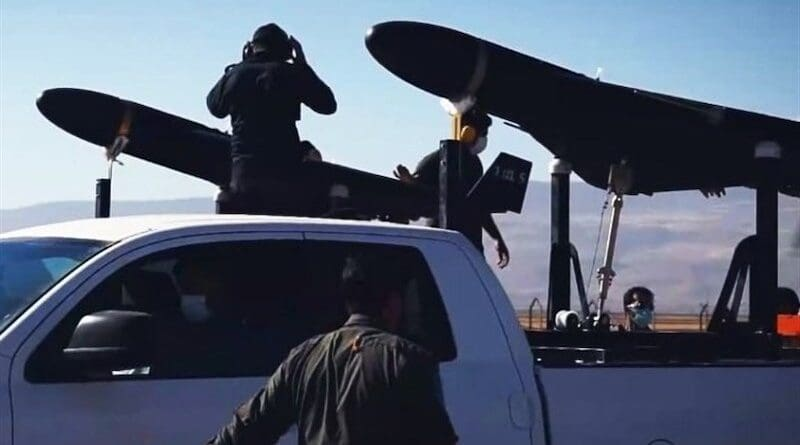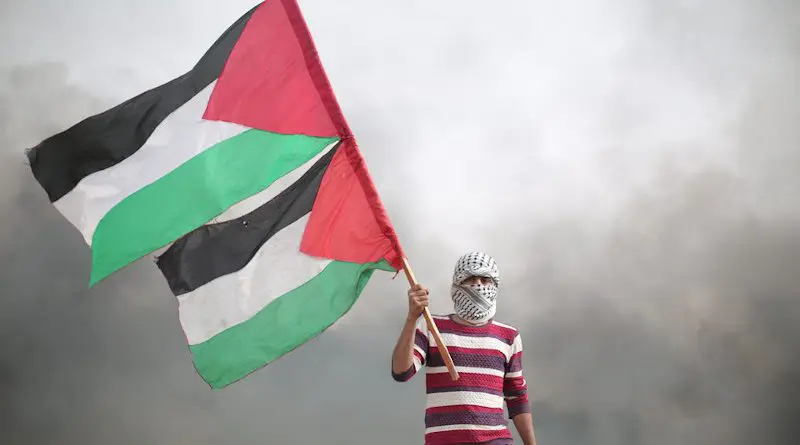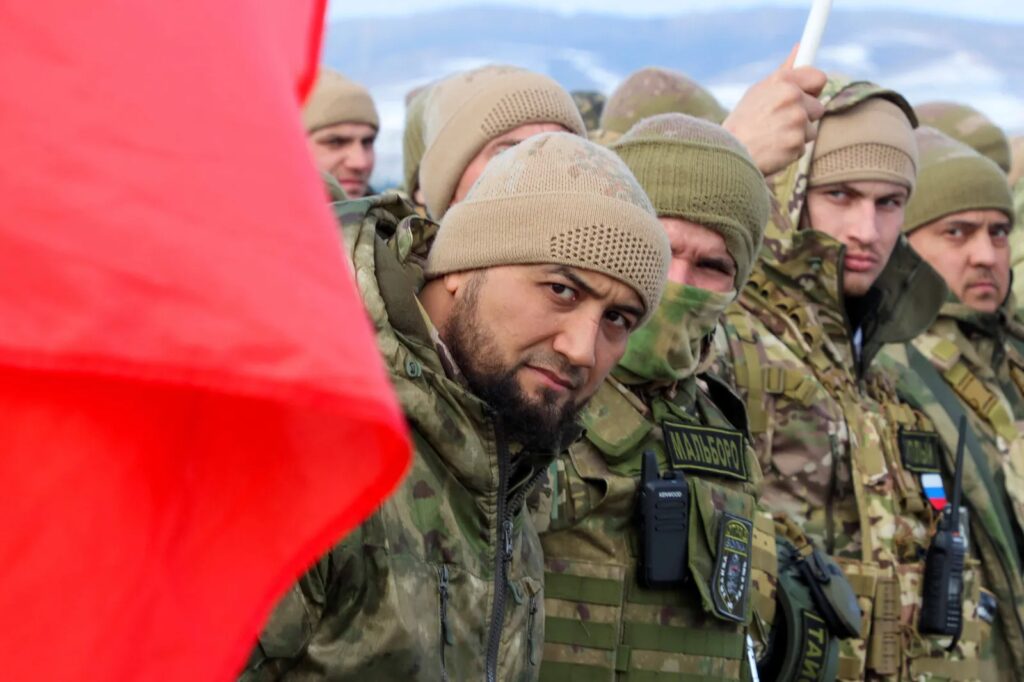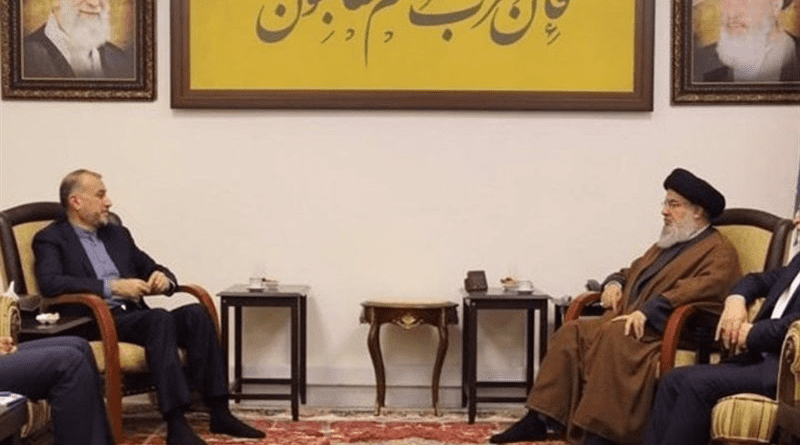
At a time of desperate need in Gaza, key donors have suspended funding for the UN Relief and Works Agency in response to allegations from Israel. Donors should take such accusations seriously but should also remember that the Israeli government has its own reasons for wanting to undermine UNRWA.
In January, Israel presented allegations that 12 UNRWA employees participated in the Oct. 7 Hamas attack against Israel. In response, at least 16 countries — including some major donors, such as the US, Germany, Sweden and Japan — suspended funding to the UN agency. The EU, another major donor, is considering suspending funds. Some of those donors are waiting on the outcome of investigations into the allegations before potentially restoring funding. If funding is not restored, UNRWA officials warn that the lack of funds could start having a severe impact on the agency’s ability to deliver services by late February.
There is likely some truth in the Israeli allegations. With 13,000 employees in the Gaza Strip, it is unsurprising that a few individuals would, in some way, be involved in the attack. Nonetheless, any participation of UNRWA employees in such a brutal attack is appalling and such allegations must certainly be investigated. UNRWA immediately fired the 10 accused employees, with two having died, even without receiving evidence from Israel.
While acknowledging that Israel’s allegations are serious and worth investigating, UN member states must also keep in mind that Israeli intelligence can be unreliable. So far, there is little publicly available evidence to support the allegations. Most media outlets have been unable to verify the claims, although The Washington Post reported some evidence that one of the accused individuals was involved in the attack.
On Friday, Israeli Defense Minister Yoav Gallant publicly identified the original 12 individuals and added that more than 30 UNRWA employees were involved in the attack and that 12 percent of the agency’s workers in Gaza are affiliated with Hamas or Palestinian Islamic Jihad. These are grave allegations and UNRWA donors should require that Israel provide solid evidence for these and other claims.
For all UN agencies, maintaining independence and a professional commitment to their mission is essential. It must demand high standards for behavior and professionalism. Any involvement by UNRWA staff in an attack on Israeli civilians would clearly violate those standards. Also, the UN is a large institution, with many partners, and, realistically, problems will arise. For example, there have been horrific cases of UN peacekeepers sexually abusing women and children. There have been multiple corruption scandals. In such cases, the UN must act to ensure accountability and terminate employment or relationships with workers and partners that fail to uphold UN values. However, that does not mean totally shutting down an entire UN agency or mission, especially when millions of desperate people rely on the organization’s services.
When assessing the allegations against UNRWA, it also is crucial to remember that Israel has long sought to dismantle the agency and end its mission. The agency’s mere existence is a thorn in the side of many right-wing Israelis and governments, including the current leadership.
UNRWA is specifically devoted to caring for Palestinians who lost their homes and livelihoods during the 1948 war and the descendants of those refugees. Those refugees’ existence is a constant reminder that the idea that Palestine, before Israel’s establishment, was “a land without a people for a people without a land” was never true. The continuing existence of Palestinian refugees in neighboring countries keeps alive the idea of a right of return, which the state of Israel adamantly opposes. The ongoing existence of Palestinian refugees in the Gaza Strip and West Bank helps to sustain hopes for a Palestinian state — an idea that the current Israeli government rejects.
UNRWA symbolizes and sustains those communities and all that they represent. That is the real reason why many Israeli leaders have long tried to undermine UNRWA and why leaders such as Gallant and Prime Minister Benjamin Netanyahu say that its mission must end.
Donor countries are right to express concern about the allegations and demand independent investigations; indeed, there are two official investigations underway. However, donor countries were wrong to immediately suspend funding to some of the world’s most desperate people on the basis of questionable evidence from a source that is motivated to damage UNRWA.
They should restore funding immediately while making clear that future support will depend on the outcome of the investigations and subsequent action. However, even if some of the allegations prove true, that is not a reason to completely dismantle UNRWA and end its mission, just as past UN scandals were not reasons to halt crucial UN services.
As the war in Gaza once again demonstrates, the plight of Palestinian refugees has not been resolved and UNRWA remains an important agency with a legitimate mission. The vast majority of the more than 2 million Palestinians in Gaza, who are trying to survive a terrible crisis, depend on UNRWA and no other organization can come close to matching this agency’s capacity for delivering aid in the Strip. Donors that suspended funds should immediately reconsider whether halting the flow of humanitarian services to desperate people on the basis of biased accusations was a good move.
